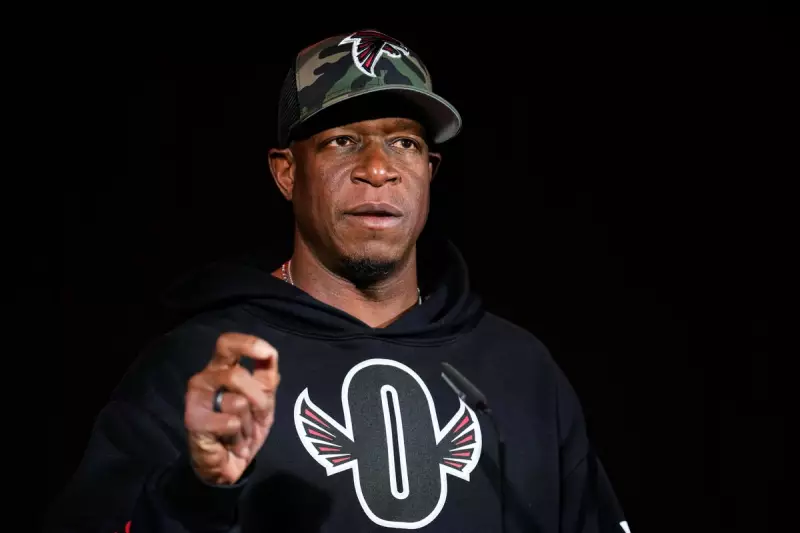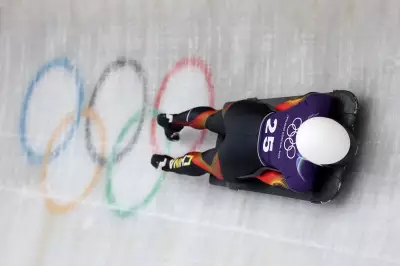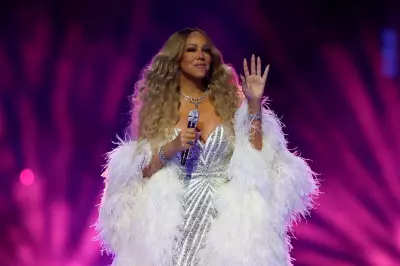
Two of Berlin's most prominent football clubs are grappling with newly uncovered historical evidence about their responses to one of sport's most infamous moments: Adolf Hitler's refusal to shake Jesse Owens' hand during the 1936 Olympics.
Research has revealed that while Hertha Berlin publicly criticised the Nazi leader's snub of the Black American athlete, their rivals Union Berlin remained conspicuously silent, highlighting the complex moral landscape of German sport during the Third Reich era.
The 1936 Olympic Controversy
The Berlin Games were intended to showcase Nazi Germany's supposed racial superiority, but Jesse Owens spectacularly undermined this narrative by winning four gold medals in track and field events. Hitler's refusal to congratulate the African-American champion became symbolic of the regime's racist ideology.
Hertha Berlin, then as now one of Germany's leading clubs, took the remarkable step of publishing an article in their club magazine that directly criticised the treatment of Owens. The piece described how the athlete "was not treated correctly in Germany" and specifically condemned the Nazi leadership's behaviour.
Union Berlin's Troubling Silence
In stark contrast, Union Berlin's historical records show no similar condemnation of the Owens snub. The club's magazine from the period instead featured content that aligned with nationalist sentiments, including poems celebrating German athletes while ignoring Owens' historic achievements.
This silence becomes particularly significant given that Union Berlin has long cultivated an image as a "working-class club of the people" with anti-fascist credentials. The new findings challenge this narrative and raise questions about how institutions remember and represent their past.
Historical Reckoning in Modern Football
The research, conducted by German historian Dr Daniel Kopp, comes at a time when football institutions across Europe are increasingly examining their historical relationships with authoritarian regimes and discriminatory practices.
Both clubs have acknowledged the importance of understanding this complex history. A Union Berlin spokesperson stated: "We are committed to critically examining all chapters of our club's history, even when the findings are uncomfortable."
Hertha Berlin has incorporated this historical stance into their modern identity, noting their early criticism of the Nazi regime's treatment of Owens as evidence of their longer-term commitment to equality and anti-discrimination.
As German football continues to confront difficult aspects of its past, this new research adds another layer to our understanding of how sporting institutions navigated the moral challenges of the Nazi era, and how those choices continue to resonate nearly a century later.





